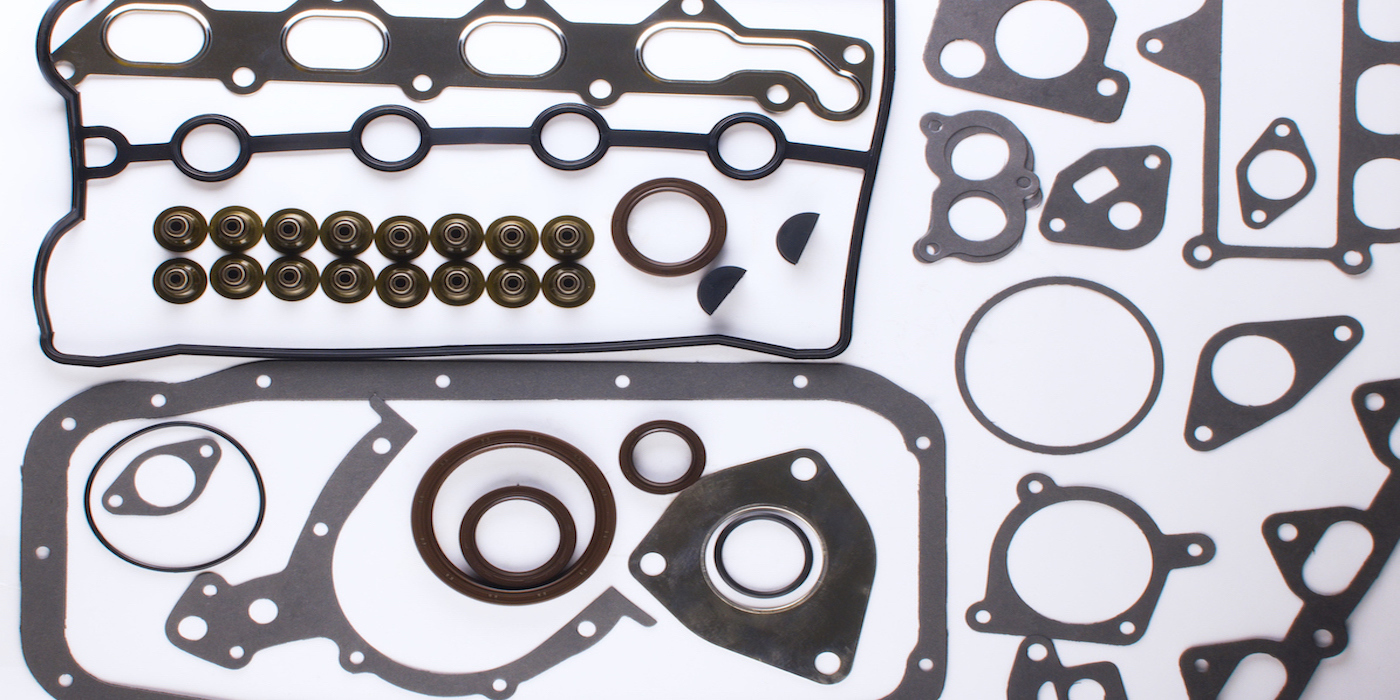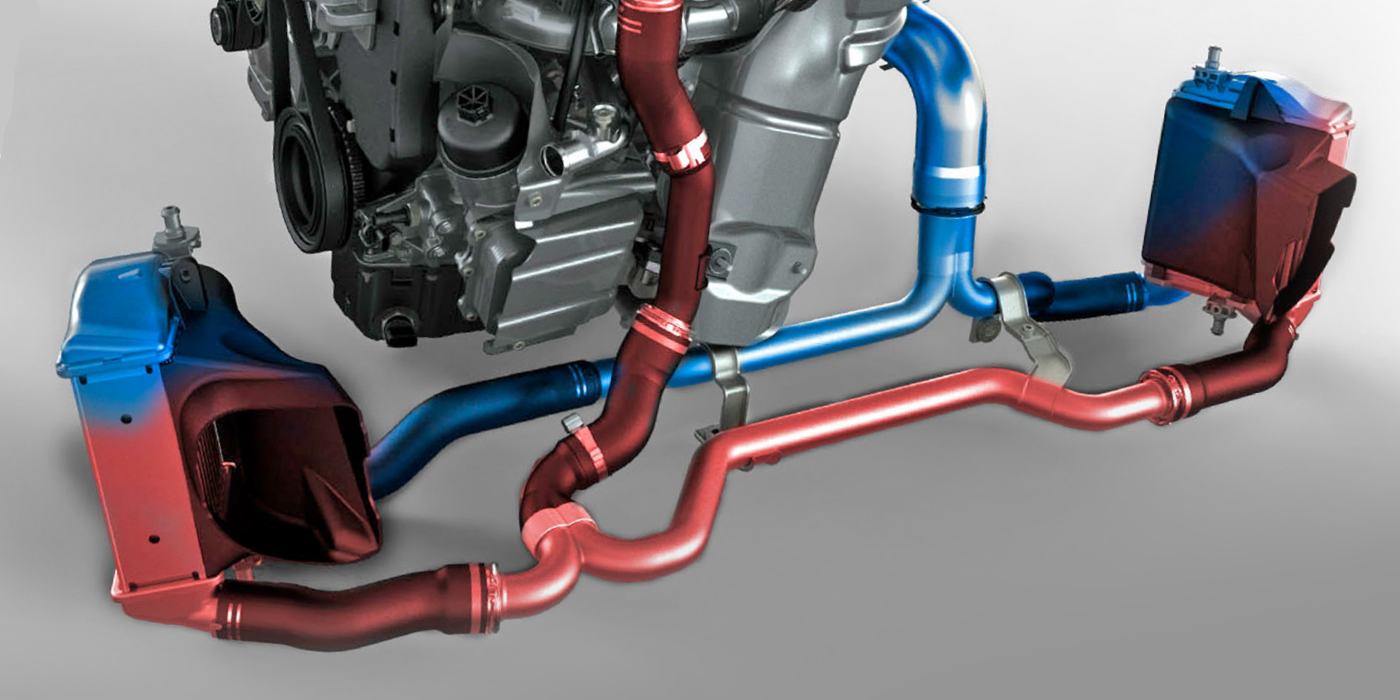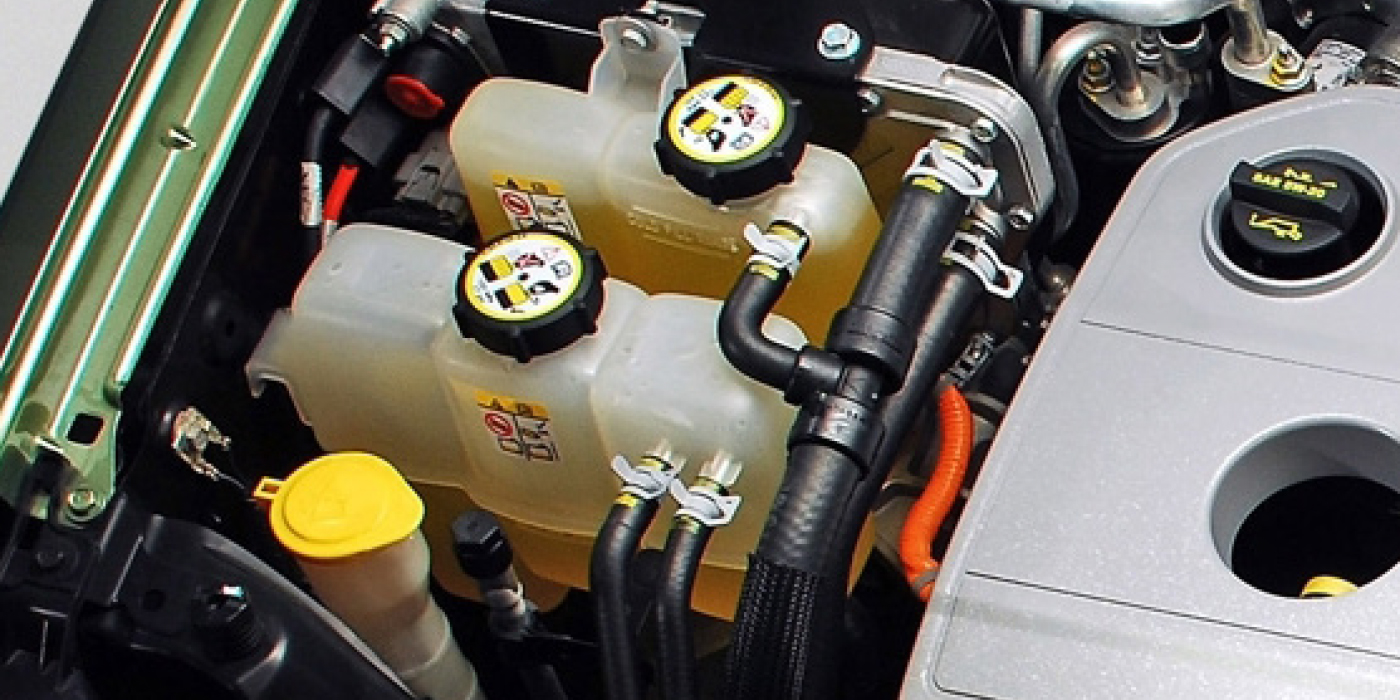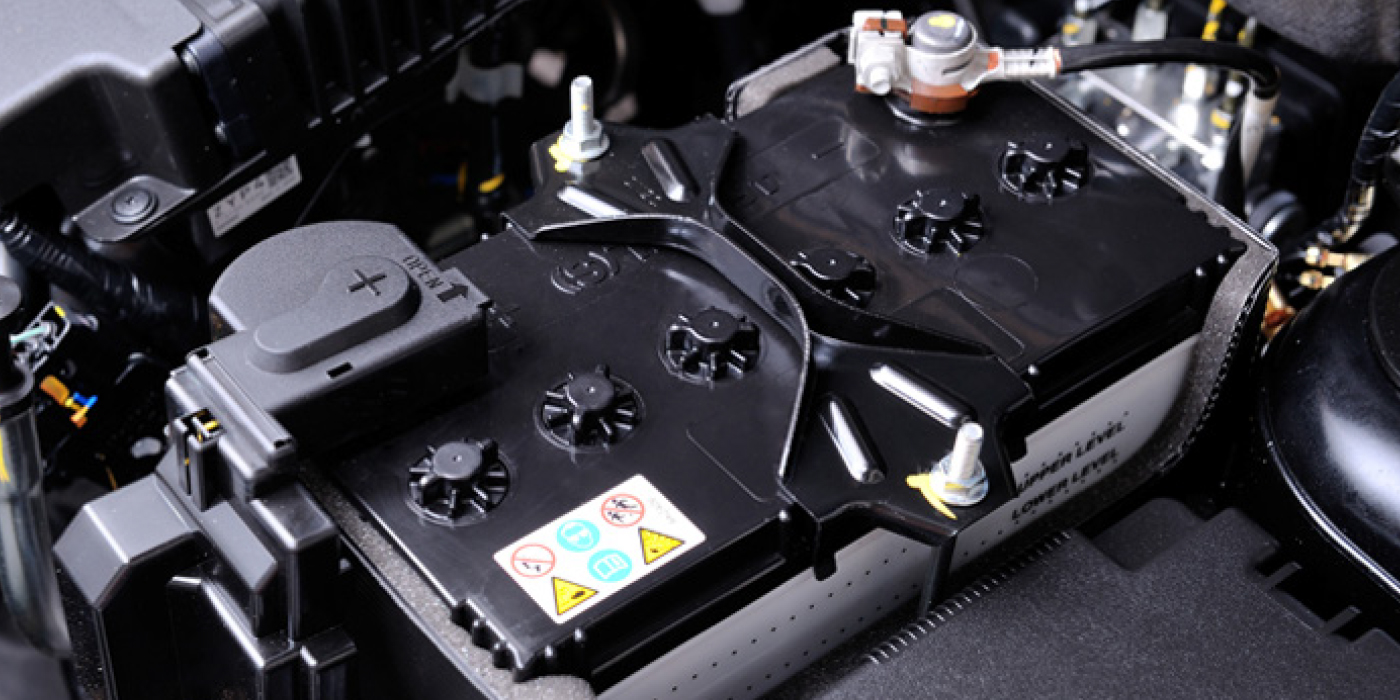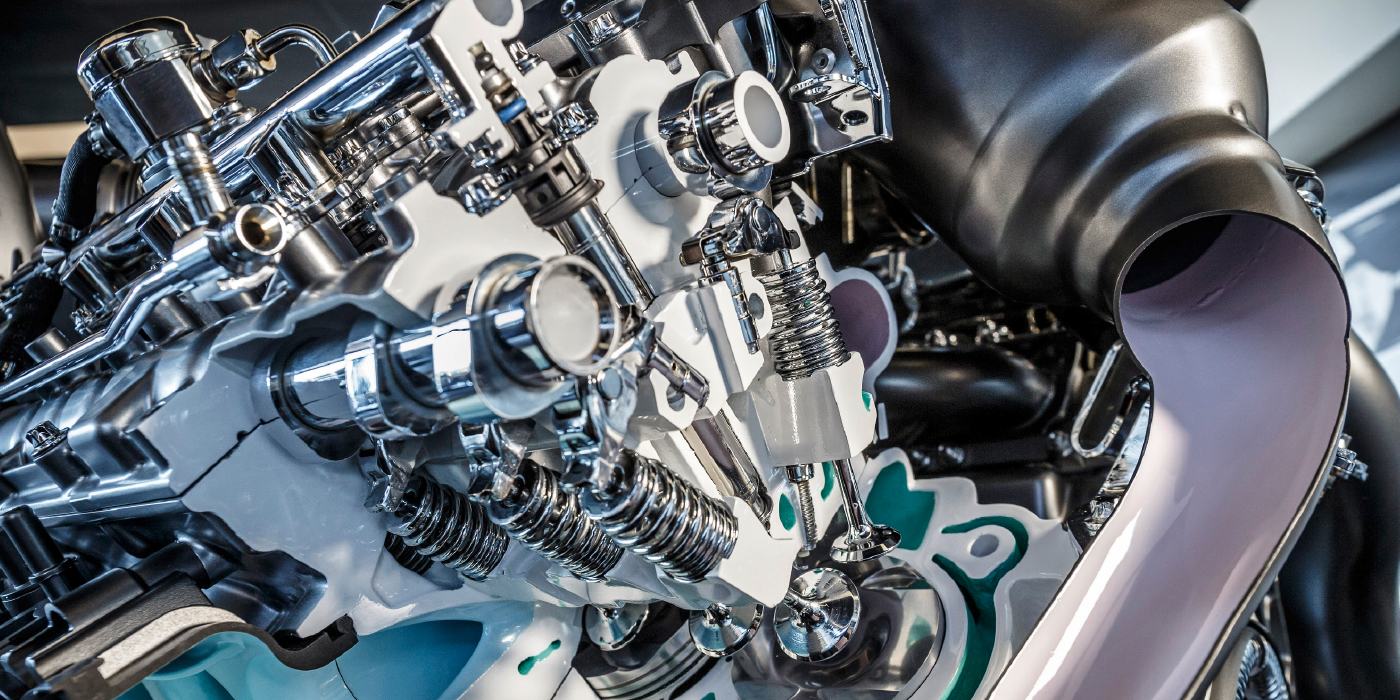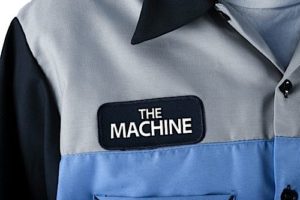
“Do You guys have one of those machines that tells you what’s wrong?”
“Yeah, we have one of those machines.”
Those “machines” are mechanics. The customer has seen these machines working in the bays. It is the guy or girl who has more than a few grease spots on his clothes, scuffed up shoes, a pocket screwdriver, calloused hands and wearing a shirt with their name on it. They are a walking, talking, diagnostic machine who use the tools and equipment they own to solve car problems.
Scan tools and meters are machines, but they don’t give out answers, only information. They can only do so much in the way of formulating a diagnosis. They show the technician a code or information in regard to the internal aspects of the vehicle.
Code numbers and definitions are a strategic direction for the repair. These tools allow a trained mechanic to know which pathway to take. The real “machine” that finds out what is wrong with a car is the brain of the very guy or gal working in the bay. But, most of the public likes to believe a magical mystery machine does all the work.
Some car owners seem to think they are far more intelligent than the engineers, designers, and the mechanics combined. Their interpretation of the automotive repair world is the mechanic has to be an idiot or scam artist. They think they can fix their car by going to the parts store, watching a YouTube video and spending a weekend trying to fix their car. I’ve been told more than once by an irate customer that it doesn’t take a rocket scientist to fix a car, so it shouldn’t cost that much or take that long.
So, why would this type of customer even want to talk with this guy who has his name sewn on his shirt? Why not bypass him altogether and go right to the mechanized technical wonder they can’t seem to find at the local part store. That thing-a-mabob that tells those dimwitted Neanderthal mechanics what part to change and how to make their car all better.
As far as some customers are concerned, diagnostics are not needed, because following a path laid out in a diagnostic chart isn’t a skill that’s required when making a repair. Just read the results on the scanner, order the part, stick it on, and then get back to daily life.
All they want to pay for is what they consider the main reason for going to the mechanic in the first place — parts replacement. You know, let the mechanic get greasy, change some widget and make their car run like new without costing them a fortune. If the vehicle doesn’t work, blame the mechanic and not that diagnostic machine they relied on.
Where the idea of a machine that can answer every type of automotive problem by simply plugging it into the car is beyond me. I suppose some of it comes from growing up with the TV and watching sci-fi shows, but reality doesn’t come across as real with a portion of the driving public. They’re still stuck with the notion that Mr. Spock will break out his Tri-corder and inform them about the composition of material making up their engine block, and the exact cause of their engine misfire.
The idea that this perfect machine exists is simply absurd, but the mystery of it all still lingers in the minds of those tried and true believers. In their minds that “machine” is real, and any mechanic that doesn’t know about one is a fool.
Soon this mythical machine may be more nonfiction than myth. Telematics and remote diagnostics may make the vision of a “one machine can fix-all” far more real than we can imagine. Not that I believe there really will be a “fix-all” machine capable of re-gapping a worn-out spark plug, but I do believe a lot of systems will be diagnosed, and possibly electronically repaired by remote intervention. Although, those tough diagnostics that can’t be sorted out will still require the skill of a good diagnostic mechanic to accomplish them.
Maintenance and wearable item repairs will most likely be the common activities at a repair shop in the future. The days of a home mechanic with a set of tools picked up at a garage sale may soon be a thing of the past or left up to the hobbyist working on antique vehicles. The modern technically advanced vehicle of the future may become too far advanced for anyone except for the skilled mechanic.
We may be in a technically advanced computer age, and there’s no doubt there are further advancements to be made, but the trained mechanic is still a big part of the future. So, the next time someone asks, “Where’s that machine?” tell them it’s where it’s always been, in the service bay, and you’ve been talking to it all this time — your mechanic.








